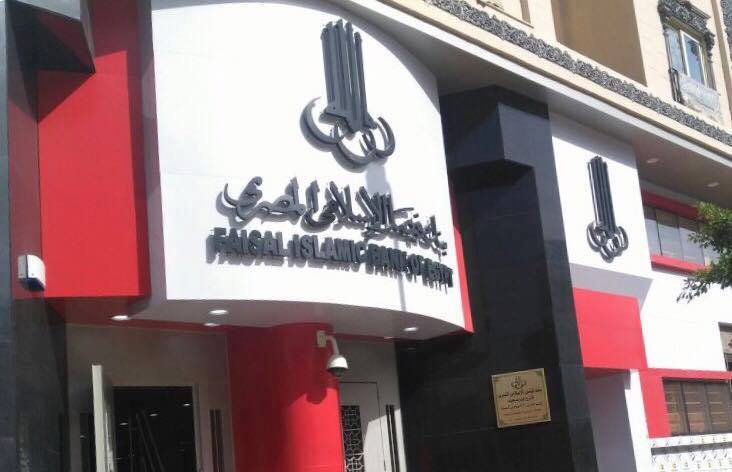Building owners are facing a huge dilemma when it comes to choose the best fit HVAC system for their property. The selection of the HVAC system depends on many variables including building size, working activity, interior layout, hours of operation, and most importantly the owner’s budget. The last variable is the most interesting one.
Let’s look at one of our clients, Faisal Islamic Bank (FIB). FIB is one of our most loyal clients as we have completed together over 5 projects in the last three years. FIB operates 36 branches in Egypt and opens a few new every year. One of their main concerns is their electricity bill. With HVAC covering 70% of commercial buildings consumption, they have great desire to install the most efficient HVAC systems for their branches.
We recommend using LG Multi V VRF for mid-size commercial buildings based on the cooling capacities of such buildings, the long hours of operation, and the necessary individualized cooling experience. Compared to its competitors, the VRF is the most efficient system in this range. We created a comparison study for FIB Zizenya branch and concluded that VRF would save 30 – 50 % of HVAC energy consumption compared to their initial chosen system, DX packaged. FIB was interested, and they found the analysis to be convincing, but without previous experience with VRF, they had their doubts, just like trying anything for the first time, whether it’s trying a new dish, watching a new series, or buying groceries from a new grocery shop.
FIB decided on experimenting with LG VRF. They installed a DX-packaged system on one floor, and an LG VRF system on another. Both floors have similar layouts and occupancy, so they are assumed to have identical cooling conditions. 365 Ecology installed PDI (power distribution indicator) to track and monitor the power usage of both systems, compare the results and determine which system is more efficient. The results hugely favored VRF. The following graph summarizes the cost savings from using VRF compared to the DX packaged.

With the current economic reformations currently taking place in Egypt, energy efficiency is more important than ever. The government is gradually removing subsidies on utilities like gas and electricity, and rates have reached unprecedented levels. With companies still trying to cope with increased expenditures due to currency floatation, further increases in electricity might be the last straw. It is time for owners to seek alternative solutions and consultations on how to reduce energy consumption. To continue using the same traditional systems as before just because of familiarity, or choosing systems based on the lowest initial cost, it is no longer acceptable with the current economic conditions. It is time to choose based on scientific methods, life cycle studies, and expert consultation.

